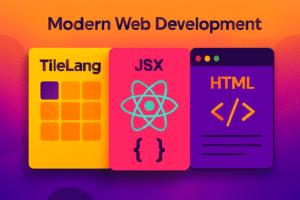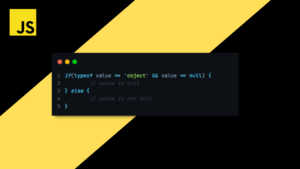
Imagine an AI that doesn’t just follow instructions—it writes the playbook. Not one built on rules we give it, but one it builds itself from scratch, blazing paths no human has ever considered. That’s AlphaEvolve—an AI that’s not just smart, but inventive.
Welcome to the new frontier of algorithm design, where artificial intelligence is no longer just a tool, but the architect.
What Exactly Is AlphaEvolve?
AlphaEvolve (not a real product… yet) represents a class of AI systems that don’t just solve problems—they create the solutions. Think of it as AI that evolves algorithms the same way nature evolves species: through experimentation, mutation, selection, and survival of the fittest.
Instead of coding a solution line by line, AlphaEvolve starts with the problem and then runs millions (sometimes billions) of simulations, tweaks parameters, rewrites logic, and tests results—over and over—until it finds something that works better than what any human has ever designed.
From Rule-Follower to Rule-Maker
Traditional AI, even the fancy machine learning kind, is typically trained on data we give it. It finds patterns, sure, but it stays within our conceptual sandbox. AlphaEvolve steps out of the sandbox. It doesn’t just fit a model to the data—it invents new models entirely.
This leap is powered by technologies like:
- Genetic programming – mimicking evolution to create new algorithms
- Reinforcement learning – improving performance through trial-and-error
- Self-play – like in AlphaZero, where the AI gets smarter by playing against itself non-stop
These aren’t new ideas, but what’s new is the scale, the compute power, and the autonomy. With those ingredients, AlphaEvolve can go far beyond what a team of engineers might dream up.
Real Examples: When AI Beats the Best
Let’s talk reality. Google DeepMind’s AlphaGo shocked the world by defeating the top human Go players—not by mimicking human strategies, but by inventing its own. In fact, its moves were once labeled “unconventional” and “mistakes” by experts… until they realized they were genius.
Now imagine that same kind of intelligence, but applied to real-world systems:
- Supply chain logistics – crafting smarter routing algorithms
- Drug discovery – designing molecule interaction models
- Financial trading – building risk-assessment systems with zero human bias
- Computer chip design – like what Google’s AI already does, laying out components in configurations that humans wouldn’t think of, but that work better
The Beauty of Not Thinking Like Us
Here’s the thing: AlphaEvolve doesn’t carry our baggage. It doesn’t get stuck on “that’s how we’ve always done it.” It doesn’t get tired, it doesn’t settle. And most importantly—it doesn’t think like a human.
That’s its superpower.
Human engineers are brilliant, but we’re wired to use analogies, shortcuts, and assumptions. AI? It can brute-force weird combinations. It can look at possibilities we wouldn’t even consider because they seem “wrong” at first glance.
Sometimes, being an alien is an advantage.

Should We Be Excited… or Terrified?
Let’s be real: giving AI the keys to invent its logic isn’t exactly risk-free. The algorithms it creates might be efficient, but they can also be opaque. Hard to understand. Harder to debug.
That raises some big questions:
- How do we verify something we didn’t design?
- How do we trust systems we can’t fully explain?
- What happens when AlphaEvolve creates an algorithm that works, but we don’t know why?
These are questions researchers, ethicists, and engineers are wrestling with. And they should be. Because power without oversight is a bad deal, no matter how smart your AI is.
The Takeaway
AlphaEvolve isn’t a single program or a single company’s invention. It’s a movement—a shift in how we think about intelligence, creativity, and the very nature of design. It marks the point where we stop telling machines how to solve problems and start trusting them to figure it out themselves.
Whether that makes you thrilled, nervous, or a bit of both, one thing’s certain: the age of AI-designed algorithms is here. And they’re already writing the future faster than we can read it.



